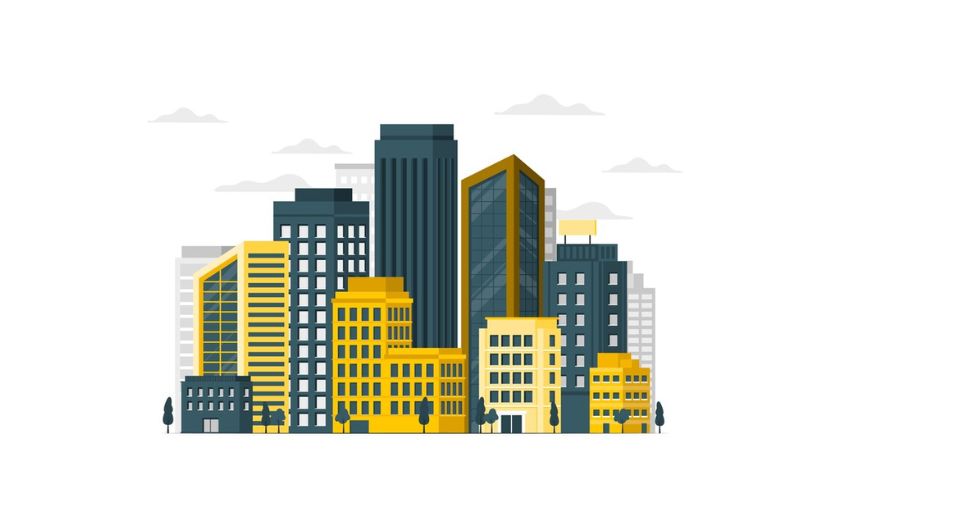
Feb 28, 2025

The study put forth by Metastat Insight provides a deep insight into the Global Real Estate Technology market, which has its current picture and future developments. The digitization of solutions in the property sector reshaped the transaction mode, asset management, and overall efficiency of the industry. New inventions in property management software, artificial intelligence thinking analysis, and use and applications in blockchain have ushered in a new age of transparency and security. With the technological strides, there is now a somewhat streamlined decision-making that gives the participants in the industry more confidence to tackle complexities.
Global Real Estate Technology market is estimated to reach $12,202.04 million in 2025 with a CAGR of 10.5% from 2025 to 2032.
Clearly, the new technological advancements are influencing the way real estate operations hold today. Digital platforms have become the main points of contact for buyers, sellers, and investors, all making transactions more seamless and avoiding the normal bottlenecks and delays. Increased dependence on automation and data analytics has shifted value-parameterization into property assessments in terms of accuracy thus reducing the chances of miscalculations. In addition, virtual reality and augmented reality have meant to make property visits more immersive for potential buyers by providing a walkthrough of properties without actually visiting them. This flexibility has not only enhanced engagement of buyers but also optimized the efficiency of property listings.
Investment in technological infrastructure for real estate soared high with a significant focus on operationally sensible solutions. Artificial intelligence has proved crucial in forecasting trends in the market to inform cumulative decisions taken by investors or developers. Broadly speaking, predictive analytics will allow risk assessments to be more refined for stakeholders, who can ensure that their financial decisions are made from solid data. Furthermore, blockchain provided a new level of protection when it came to property dealings, protecting transactions much more from dishonest people and fraud, ensuring that all records are properly documented. All these innovations together tilted the growing confidence within the investors and other movers of the market in favor of it.
This has led to a rise in developing IoT applications for smart property solutions by delving deeper into digital connectivity with real estate assets. With smart buildings implementing automated energy management, security, and maintenance, the concept of a building has changed completely. The changes have boosted efficiency in operations alongside progressive sustainability by reducing power consumption and propagating eco-friendliness. The incorporation of IoT-based solutions really qualifies buildings for monitoring conditions in real time, allowing property managers to provide a solution before complaints arise, thus boosting user experience.
Consumer preferences have shifted dramatically with digitization, and previously, real estate firms would have been dragged into such a tech-heavy approach. Online marketplaces have allowed buyers and sellers easy access to thousands of what is listed and therefore to make an informed choice. An even better engagement for clients with AI drives chatbots and customer service tools is handling inquiries with a real-time response. Fintech, as well, has assisted in accelerating the process through which mortgage applications are approved and rental agreements are entered into with less paperwork. All these processes are part of the modernizing road that drives the market towards expansion, even attracting legends and initiating new investors exploring a hassle-free experience during property transactions.
The global real estate technology market can be considered strong because it can make the transition to changing demands within the industry. Thus, companies that are in this subject continue to tap new possible technologies aligned with the changing behavior of consumers with interest in automation and digital asset management. Thus, companies have refined their strategies by including AI-powered tools to optimize operational workflows. The increased emphasis on cybersecurity also means that firms can translate to encryption-grade protection for sensitive data from potential threats. This is a clear signal of the commitment of the industry leaders towards a digitally secured and efficient ecosystem.
Cast into the future, digital solutions in property will be accelerated even more in their pace. Emerging concepts such as decentralized finance (DeFi) and smart contracts become ever more popular because of their brand-new eye-catching proposals to owning and investing in property. Integration with property analytics through machine learning algorithms is also expected to result in improving market intelligence such that stakeholders can make decisions based on richer data sets. The focus on technological adoption remains the constant hallmark of advancement for the industry as the landscape shapes itself further.
Either way, Metastat Insight's presentation on the Overall Real Estate Technology market tells how digital transformation within property is changing. New solutions have defined the old ways and made them more efficient, transparent, and user-friendly. The present innovates a future in which technology will play an even larger role in the organization. With a focus on the continued investment in digital and automation infrastructures, this will keep the industry dynamic and able to offer value-adding opportunities for participants around the world.
Drop us an email at:
Call us on:
+1 214 613 5758
+91 73850 57479